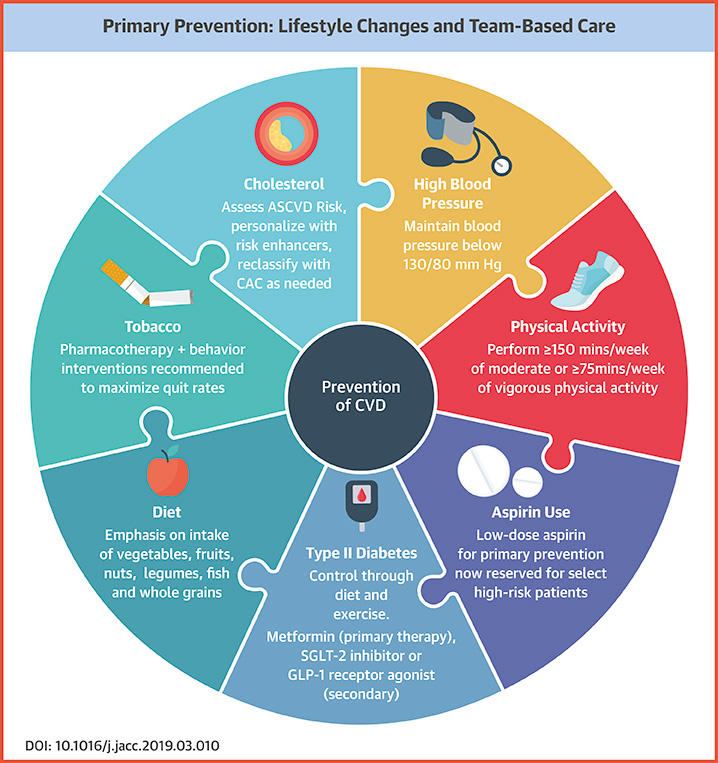
A cardiac diet (also referred to as a heart healthy diet) is a strict diet focused on decreasing cholesterol, sodium and fat intake. The diet focuses on eliminating "foods that contain saturated fats and trans-fats" and replacing them with "polyunsaturated and mono unsaturated fats". The goal of the cardiac diet is to reduce cardiovascular disease risk by lowering total cholesterol level and decrease blood pressure levels.
There are many guidelines when it comes to heart-healthy food intake. It is recommended to eat foods from the plant kingdom such as nuts, seeds, fruits, vegetables, grains, beans, legumes and nuts. Foods that are rich in potassium content include: vegetables, green leafy vegetables, fruits, nuts and seeds. It is also recommended to eat foods that are low in calories such as fresh fruits, veggies, nuts, grains and beans.
It is also recommended to drink at least eight to ten glasses of water daily. Some food sources of water are fruits, vegetables, and legumes. Water is essential for proper digestion, muscle contraction, maintenance of cells, elimination of toxins and metabolism. In addition to drinking water, it is recommended that you drink at least 6 ounces of water every day to reduce the acidity that is present in your body.
Foods to avoid in a heart-based diet include: alcohol, sugar, caffeine, salt, saturated fat, caffeine, refined flours, saturated or trans fats, foods with hydrogenated oils, dairy products, fried foods, meat, and fish. Foods to increase include: dark greens, blueberries, blueberries, cranberries, spinach, apples, carrots, beets, pears, oranges, pomegranates, apricots, pears, peaches, strawberries, black cherries, raspberries, cranberries, grapes, kiwi. , strawberries, blueberries and cranberries.
Foods to avoid include: meat, cheese, eggs, dairy products, chocolate, nuts, alcohol, and fried or fatty foods. Food should be eaten raw.
To make the diet as easy and convenient as possible, it is best to eat at the dinner table.
If you can't control your appetite, you can dine at a restaurant because this will limit your chances of overeating
It is important to follow your diet regularly. It is best to start slowly with a plan. It is good to have a weekly meal plan consisting of five meals. Each meal should contain five servings of fruits, vegetables, and whole grains. You should try to eat at least two to three small meals throughout the day.
The cardiological diet should be followed strictly and regularly. The plan should be followed to prevent cardiovascular disease, high blood pressure, stroke, obesity, heart failure, and other illnesses.
You must change your eating habits. This includes drinking at least eight glasses of water daily, as well as protein and carbohydrate-rich snacks and healthy snacks.
Drink Plenty of water to prevent dehydration. Water is essential for cleaning out the blood from impurities. Drinking water can also help to reduce stress, anxiety, and tension.
Avoid dairy products, especially cheese. They contain too much fat, cholesterol, and sodium. Instead, include whole grains and lean meats. and fresh vegetables.
Eat the right variety of grains. Rice, barley, oat bran, brown rice, and wheat bread, barley, and oatmeal are recommending to avoid being high in saturated fat. and sugar. Include whole grains in your diet so they can help your body digest and absorb the nutrients they contain.
Caffeine and salt should be eliminated from your diet completely. Coffee, tea, colas, and chocolates are the main culprits. Also avoid eating foods that are high in protein, fat, and sugar. All of these can cause damage to the heart valves and the heart and increase the risk of heart disease.
